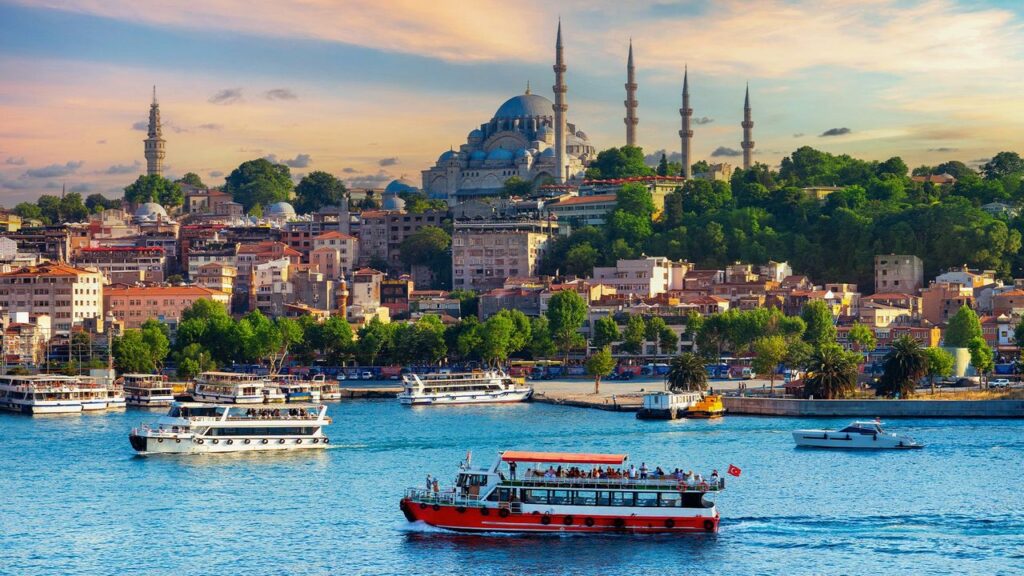Istanbul, a bustling metropolis that straddles both Europe and Asia, is known for its rich history, vibrant culture, and complex social dynamics. In this diverse and evolving city, the term “istanbul travesti” has come to represent an important segment of the LGBTQ+ community, specifically referring to transgender individuals, particularly transgender women, who often face unique challenges in Turkish society.
In this article, we will explore the travesti community in Istanbul, its significance in the broader context of the LGBTQ+ movement in Turkey, and the cultural, social, and legal challenges faced by transgender individuals in the country.
What Does “Travesti” Mean?
The term “travesti” originates from the French word travestir, meaning to disguise or cross-dress. In various parts of the world, the term has evolved and is used to describe individuals who live part- or full-time as the opposite gender from the one assigned at birth, often without undergoing medical transitions.
In Turkey, the term “travesti” is used similarly to refer to transgender women, though it is not always embraced by everyone within the community due to its potential for negative connotations in certain contexts. Some individuals may prefer other terms like “trans kadın” (trans woman) or simply “transgender.”
Challenges Faced by the Travesti Community in Istanbul
- Discrimination and Stigma
The travesti community in Istanbul faces significant social challenges, particularly due to widespread discrimination and stigma. Despite Turkey’s relatively modern and progressive urban areas like Istanbul, traditional values can still create a difficult environment for LGBTQ+ individuals. Travesti individuals, in particular, often face harassment in both public and private spaces, ranging from verbal abuse to physical violence.
- Employment and Housing
Due to the pervasive discrimination in Turkish society, many transgender individuals struggle to find stable employment. This, in turn, affects their ability to secure housing, leading to economic vulnerability. Some travestis are pushed into sex work as a means of survival, further contributing to their marginalization.
- Legal Recognition and Rights
While Turkey recognizes the right to change one’s gender on legal documents following certain medical procedures, the process is lengthy and requires individuals to undergo gender confirmation surgery, which not everyone in the community may want or can afford. This leaves many travesti individuals without proper legal recognition, further complicating their daily lives.
In addition, while Turkey’s legal system does not explicitly criminalize homosexuality or being transgender, there is little legal protection for LGBTQ+ individuals against discrimination, making it harder for travestis to assert their rights in cases of abuse or discrimination.
Istanbul: A City of Contrasts for the Travesti Community
Despite these challenges, Istanbul remains a city where many members of the travesti and wider LGBTQ+ communities find solidarity and support. The city is home to LGBTQ+ organizations and activists who advocate for the rights and visibility of travestis and other marginalized groups. Events such as Istanbul Pride, though sometimes met with resistance from authorities, have helped to raise awareness of the challenges facing the travesti community and the broader LGBTQ+ population.
The Beyoğlu and Taksim areas, long considered cultural hubs, have become spaces where some travesti individuals and other members of the LGBTQ+ community can express their identities more freely. In recent years, these areas have seen an increase in LGBTQ+-friendly establishments, such as cafes, bars, and clubs, where people can gather and connect.
The Role of Social Media and Activism
Social media platforms have become vital tools for the travesti community in Istanbul to share their experiences, connect with others, and raise awareness about the challenges they face. Activists and advocates use these platforms to campaign for legal reforms, raise funds for healthcare, and push for greater acceptance and understanding in Turkish society.
Organizations like SPoD (Social Policies, Gender Identity and Sexual Orientation Studies Association) work tirelessly to support LGBTQ+ rights in Turkey, providing legal assistance, mental health support, and advocating for gender equality and the protection of LGBTQ+ individuals from violence and discrimination.
Conclusion
The travesti community in Istanbul is an integral part of the city’s social fabric, representing a group of individuals who, despite facing significant obstacles, continue to fight for their right to exist and thrive in a society that often marginalizes them. As Istanbul continues to evolve, there is hope that greater acceptance, legal protections, and social understanding will emerge for the travesti community and the broader LGBTQ+ population.
By acknowledging and addressing the challenges faced by the travesti community, we can move closer to building a more inclusive and equitable society for all.







